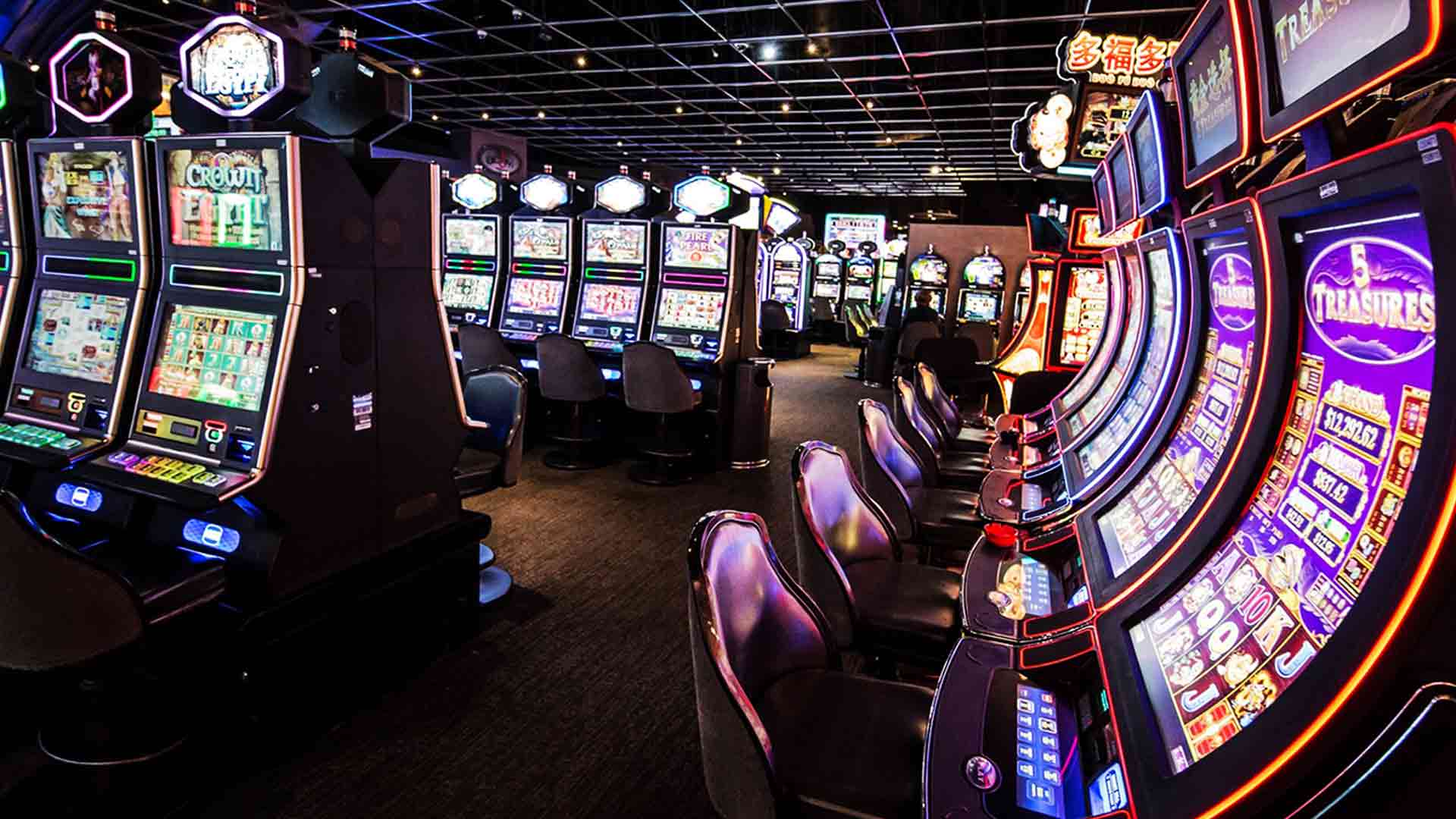The Cultural Psychology of Casino Games

The Cultural Psychology of Casino Games
Casino games, seemingly simple acts of chance and entertainment, are deeply intertwined with cultural nuances and psychological principles. Understanding the cultural psychology of these games provides insight into their pervasive appeal, the behaviors they elicit, and the societal impact they wield. This exploration delves into the cultural influences shaping game preferences, the psychological mechanisms at play, and the broader implications for individuals and communities.
Cultural Influences on Game Preferences
The games individuals choose to play, the strategies they employ, and the perceived fairness of the game are all shaped by their cultural background. For instance, games of chance might be more readily accepted in cultures that embrace a fatalistic worldview, believing that destiny plays a significant role in life outcomes. Conversely, cultures emphasizing individual agency might gravitate towards games that allow for strategic decision-making, giving the illusion of control over the outcome.
Furthermore, the rituals and social customs surrounding casino games often reflect cultural values. In some cultures, gambling can be a communal activity, fostering social bonds and reinforcing group identity. The celebratory atmosphere and shared experiences become as important as the potential winnings. In contrast, other cultures might view gambling with suspicion, associating it with recklessness, economic hardship, or moral decay. These different perspectives shape the prevalence and acceptance of casino games within a given society.
Psychological Mechanisms at Play
Beyond cultural influences, several psychological principles contribute to the allure of casino games. These include:
- Cognitive Biases: Gamblers often exhibit cognitive biases that distort their perception of risk and reward. The "gambler's fallacy," for example, leads individuals to believe that a streak of losses increases the probability of a win. The "illusion of control" gives players a false sense of mastery over chance events, while the "availability heuristic" leads them to overestimate the likelihood of winning based on readily available, often anecdotal, evidence.
- Reward Systems: Casino games are designed to activate the brain's reward pathways, releasing dopamine, a neurotransmitter associated with pleasure and motivation. The intermittent reinforcement schedules used in many games, where rewards are unpredictable, are particularly effective at maintaining engagement and driving compulsive behavior.
- Loss Aversion: People tend to feel the pain of a loss more strongly than the pleasure of an equivalent gain. Casino games exploit this by making losses feel more significant, incentivizing players to chase their losses in an attempt to recoup their initial investment.
- Social Factors: The social environment of a casino can enhance the experience of gambling. The excitement of the crowd, the camaraderie among players, and the prestige associated with winning can all contribute to the appeal of casino games.
The Impact of Casino Games
The widespread availability of casino games has significant implications for both individuals and society. While gambling can be a harmless form of entertainment for some, it can lead to problem gambling and its associated negative consequences for others. These include financial ruin, relationship breakdown, mental health issues, and even criminal behavior.
Furthermore, the casino industry can have an impact on local economies. It can create jobs and generate tax revenue, but it can also contribute to social inequalities and the displacement of local businesses. The ethical considerations surrounding the marketing and promotion of casino games, particularly to vulnerable populations, are also a subject of ongoing debate.
The rise of online casinos and platforms like m88 mansion slot have further complicated this landscape. These platforms provide unprecedented access to casino games, increasing the risk of problem gambling. Understanding the cultural and psychological factors driving this trend is essential for developing effective prevention and treatment strategies.
Conclusion
The cultural psychology of casino games reveals a complex interplay of cultural influences and psychological mechanisms. From the shaping of game preferences to the exploitation of cognitive biases, these factors contribute to the enduring appeal of casino games. Understanding these underlying dynamics is crucial for mitigating the risks associated with problem gambling and promoting responsible gambling practices. Further research into the cultural and psychological dimensions of casino games will continue to shed light on this fascinating and multifaceted area.
```